
ESULaB 2024
Monica Marro
Unraveling novel biomolecular information from Raman spectra by means of data science methods
ICFO – The Institute of Photonic Sciences // Barcelona, Spain
Q&A Session II // Thursday, October 29 // 1.35 pm – 2.20 pm (CET)

Living tissues, cells and molecules are not stable entities, but they evolve continuously with time or because of external variables (forces, mechanical properties, drugs, etc). Elucidating how their complex molecular constituents change is the key to understand diseases onset and progression, disentangle new therapeutic solutions, or identify disease states. Raman spectroscopy (RS) is a valuable technique in biomedicine because it can encode big amounts of molecular information non-invasively, with high specificity, and in a label-free approach. However, these rich spectroscopic signals have not been exploited fully yet to extract biological information and monitor disease progression. Data science (DS) is key to expand the applicability of RS for biomedical studies and applications.
The main goal of my career have been to find data science methods to unravel the rich molecular information that Raman spectroscopy could provide to biomedicine. For example, I focused in monitoring biochemical processes such as disease progression and initiation, the evolution of cells and tissues when an external parameter is changed, etc.
In this talk, I will present my work in a broad range of biomedical applications, from single molecule to cellular and tissue level, using novel chemometric methods to interpret Raman biological signals. At the cellular level, I will show the monitorization of the molecular content of cancer cells along with changes in phenotype like the epithelial to mesenchymal transition. At the tissue level, I will show that is possible to monitor the molecular content of retina undergoing a neuroinflammation process by using RS and advanced chemometrics. In addition, I will present my work on cancer tissues.
I will also show briefly my last results on exploiting Raman spectroscopy and data science in the field of Mechanobiology. Mechanobiology is a new emerging field that study how mechanical forces play a key role in biology as they can trigger many biochemical changes in cells and tissues (mechano-transduction), regulating important processes such as metastasis, phenotype change, embryogenesis, etc. This field lacks of a label-free, non-invasive tool to study the unknown biochemical changes. I will show our results (in collaboration with Dr. Wieser, accepted in Science) on how the molecular content of living cells change under 3D confinement. Raman spectroscopy and chemometrics allowed us to image molecular components giving information about its concentration and localisation in the living cell. Those molecules were not possible to be imaged with other techniques. Therefore, with our work we demonstrate that Raman spectroscopy and data science is able to reveal novel and other-wise inaccessible information, shedding light on new ways to understand disease initiation and progression.









